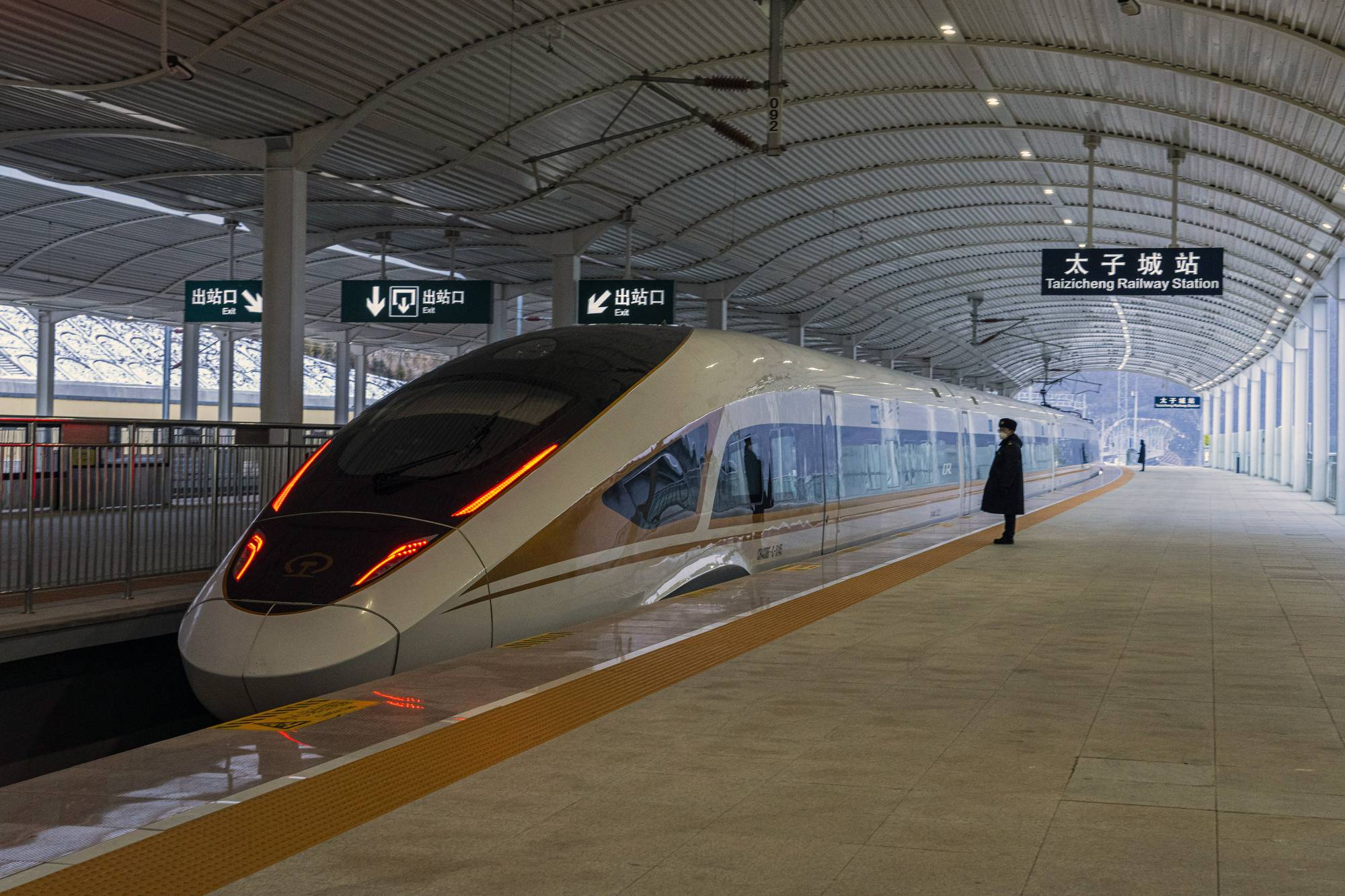To make an Olympic ski jump, China clad a hillside in steel and blanketed it with artificial snow. To construct a high-speed rail line linking the venues and Beijing, engineers blasted tunnels through the surrounding mountains. And to keep the coronavirus at bay, workers are conducting tens of thousands of PCR tests on Games participants every day.
Hosting the Winter Olympics is costing China billions of dollars, a scale of expenditure that has made the event less appealing to many cities around the world in recent years. More and more of them have concluded that the Games are not worth being left with a hefty bill, white elephant stadiums, and fewer benefits from tourism than they had hoped.
But China looks at the Games with a different calculus. Beijing has long relied on heavy investments in building railway lines, highways and other infrastructure to provide millions of jobs to its citizens and reduce transportation costs. With the 2022 Games, it also hopes to nurture an abiding interest in skiing, curling, ice hockey and other winter sports that could increase consumer spending, particularly in the country’s chilly and economically struggling northeast.


















With your current subscription plan you can comment on stories. However, before writing your first comment, please create a display name in the Profile section of your subscriber account page.